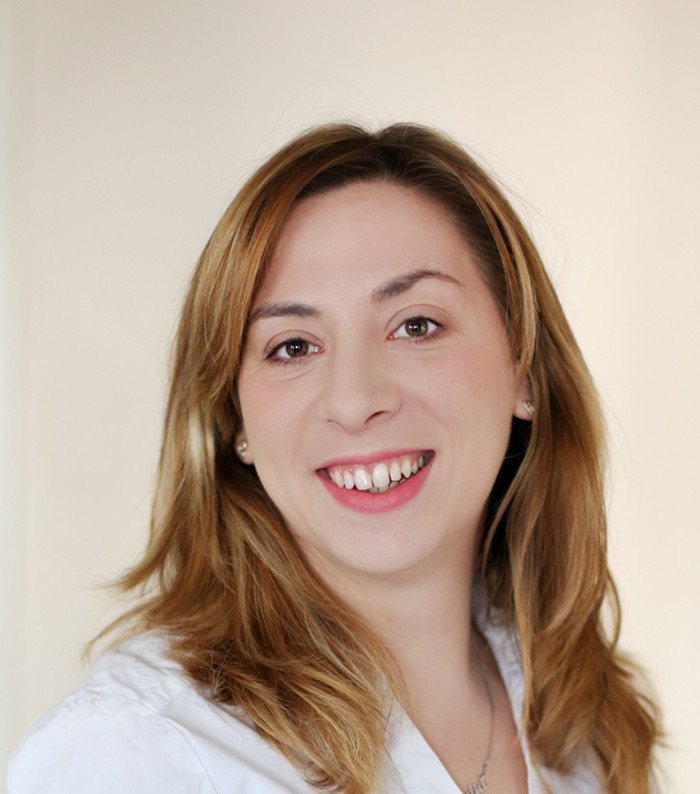
How and/or why did you become a therapist?
I was always very curious about people and interpersonal relationships and people recognized this so they often came to me with their problems as I was a good listener and natural in empathy. I genuinely care about people and the more I work with them, the more I believe that that is exactly what makes the difference.
What are the most rewarding aspects of being a therapist?
Definitely the most rewarding aspect of being a therapist is actually seeing the change in people, seeing that you did not give them the solution or a prescribed recipe but instead you gave them tools that helped them make the change unique to themselves. Sometimes people just need support and if you can, instead of following your own agenda as a therapist, be attentive to your clients’ needs and mirror or respond to those needs, you hit the jackpot!
What’s unique or special in your background or approach to interpersonal relationships?
I believe that being open and curious about people, different cultures and languages really helps me. I recognize the importance of therapy in the patient’s mother language and the small nuances that can often be missed when the patient is consulted in a foreign language can turn out to be very important.
What are your favorite or most interesting interpersonal relationship tips/advice?
Probably being open to genuinely care about others and do that long-term in any relationship. Intimate relationship, friendship and in fact any other interpersonal relationship always grows and changes just like we do, it is different in various phases in life, so each of these relationships need constant care and investment on both sides.
What are some things about therapy that you want to increase public awareness about?
In my opinion, there is still too much stigma about psychotherapy and people initially do not believe that it can help them. It is also often unnecessarily connected to pharmacotherapy which is off-putting to many.
I would like people to be able to recognize that when they have an issue, there is help available and they can turn to therapy. Most people suffer in silence and later find themselves so entangled with their issues that it becomes too difficult to even get to the real problem, let alone deal with it.
Also, I believe that every person could benefit from psychotherapy, even if it is only for getting to know themselves, their qualities and limitations.
What are some of the biggest mistakes a therapist or patient can make?
One of the biggest mistakes a patient can make is to censor things they say to their therapist because they are afraid of being judged or they want to keep up the appearance they have in other relationships. A therapist, on the other hand, can make a big mistake if they do not let themselves be close to their patents emotionally and to have sincere feelings for each patient. I believe that the relationship between the patient and the therapist can be a significant reparative tool for the patient and if it is not genuine on both sides, it fails in being as beneficial as it can be.
Bio
I am a qualified psychologist and counsellor trained in France and United Kingdom. My approach is integrative and combines humanistic, psychodynamic and cognitive behavioural elements depending on your needs and circumstances.
My aim is to provide you with a safe, confidential and judgment-free space to explore your issues and make your daily life and functioning easier. I want to build a trusting relationship with you where we can reflect on your self-awareness and ways of relating to yourself and others. I work in the English and Serbian languages, either in person, in my Belgrade office, or via Skype, wherever you are.
More information can be found on http://nadjacounselling.com/